'Kingdom of the Planet of the Apes' review: A worthwhile sequel and the start of a brand-new saga
The 10th film in the Planet of the Apes franchise, Wes Ball's "Kingdom of the Planet of the Apes," is a vibrant action-adventure sequel. Review.


The 10th film in the Planet of the Apes franchise, Wes Ball's Kingdom of the Planet of the Apes, echoes a number of its predecessors — both the Andy Serkis-led trilogy of the 2010s, as well as the pulpy originals from the '60s and '70s — while aiming to build something unique. It often succeeds, functioning as both a series relaunch led by endearing new characters, as well as a sequel set several centuries after 2017's War for the Planet of the Apes, with whose text it promises to wrestle, even though it never fully does so.
Despite a few intriguing setups that go nowhere (and, vice versa, payoffs that would've been more potent had they been better established), Kingdom is a visually and emotionally dynamic movie with momentous action scenes and seamless visual effects in service of stellar mo-cap performances. It grabs the baton from The Batman director Matt Reeves — who helmed War as well as its predecessor, Dawn of the Planet of the Apes — and blazes a path for a brand-new saga while remaining tethered to what came before. As far as big-budget sequels go, it's an effective transitory chapter, telling a self-contained story while keeping both past and future in mind.
It's also not exactly the movie its trailers are selling, but that's a good thing. It has all the makings of the classic Hollywood adventure promised in its marketing, from imaginative world-building to character arcs and relationships that seem entirely straightforward. But it eventually proves anything but simple, thanks to a few surprises up its sleeve that nudge it in the direction of moral complexity. The result may not be as narratively polished as its predecessors — some of the most accomplished engaging popcorn blockbusters in years — but it makes for a worthwhile follow-up, growing pains and all.
What is Kingdom of the Planet of the Apes about?

The 2010s trifecta of Rise, Dawn, and War owes much of its success to the dynamic characters created by Rick Jaffa and Amanda Silver (who penned the first two movies). Ball and screenwriter Josh Friedman pay the duo effective homage, not only by ensuring that the spirit of ape revolutionary Caesar (Serkis) looms large over Kingdom, but by immediately crafting new characters who are just as endearing and intriguing.
The movie, set an indeterminate number of centuries after War (per on-screen text: "Many Generations Later"), introduces us to brand-new chimpanzee protagonist Noa (Owen Teague) through a sweeping opening scene that puts a combination of action, morality, and culture on display. The adolescent ape scales the sides of concrete buildings now overrun with abundant fauna — human civilization seems long gone — along with his two best friends, childhood sweetheart Soona (Lydia Peckham) and lively jokester Anaya (Travis Jeffery), in the hopes of collecting eagle eggs from high-up nests for a bonding ritual the next day.
Noa is a stickler for the rules, and for truth and kindness. When Kingdom begins, those two ideas frequently align — he ensures to leave at least one egg behind for the wild eagle to raise, as is his elders' diktat — but they eventually clash in unexpected ways. Once the trio returns to their isolated tribe, the "eagle clan," in the ruins of a human metropolis, the movie quickly establishes its emotional stakes. Through interactions both spoken and signed, we learn that Noa has a doting mother, Dar (Sara Wiseman), but a domineering father, Koro (Neil Sandilands), a village elder who looks after the tribe's eagle companions, and with whom Noa doesn't get along. The young, wide-eyed ape has enormous shoes to fill, but his coming-of-age journey is interrupted before it can truly begin, sending him on a dangerous rescue mission that will test his mettle as a leader.
In the dead of night, a rogue band of ape warriors armed with taser-spears (and led by a fearsome gorilla general, a series staple we haven't seen in some time) attacks and kidnaps Noa's tribe while yelling a chilling war cry: "For Caesar!" It's a name Noa hasn't heard before, even though the audience has, but it's one he learns about during his journey to retrieve his friends and family when he meets ape companion Raka (Peter Macon), an erudite orangutan. A keeper of ancient knowledge, Raka wears a crest in the shape of Caesar's childhood window from Rise, which eventually became a revolutionary symbol in the trilogy, sparking intrigue (in both Noa and the audience) about what this iconography has come to mean.
Raka teaches Noa about facets of the old world which had long been kept from him, including some mysterious past relationship between apes and humans, who are now referred to as "echoes" by Noa and his tribe. Considered little more than feral pests, the people of this world are mostly extinct, and those who remain can no longer speak. However, as Noa and Raka journey toward the coastal ape kingdom where the eagle clan is being held — ruled by the megalomaniacal bonobo Proximus (Kevin Durand) — they're followed by a hungry young human girl (Freya Allan), upon whom Raka bestows the name "Nova." She challenges Noa's expectations about human intellect, paving the way for an inverted boy-and-his-dog saga.
Notably, Raka frames the name "Nova" as a direct reference to Caesar's nonverbal human companion in War (itself a reference to a character in the 1968 original). And while he doesn't fully know its origins, he can identify its significance to the once-great Caesar, a figure who has slipped into legend. Kingdom of the Planet of the Apes is many things, from an emotionally-driven adventure romp to a moving character piece, but its success as both is also partially rooted in the way it approaches the text of the recent trilogy: as cultural building blocks for two different ideas of ape society.
How Kingdom echoes War for the Planet of the Apes

What makes Kingdom of the Planet of the Apes especially unique as a sequel is how it approaches the text of its predecessor: as in-world mythology with practically religious significance. The specific details of history have been lost in translation (and through natural decay; practically every human-made object has been reabsorbed by nature), but once Noa is confronted with dueling visions of the past, and of the world outside his village, the loss of this history becomes a character unto itself.
Raka, the last remaining member of his tribe, clings to Caesar as a noble leader and messianic figure. It's a fitting outcome given the Biblical parallels in War for the Planet of the Apes, which framed Caesar as a Moses-like figure freeing the apes from tyrannical enslavement and leading them across a desert to a lush promised land. However, Caesar's refrain of "apes together strong" has since been twisted by the mighty Proximus, as a fascist call to ape superiority.
With his bloodshot eyes and imposing demeanor, Proximus makes for a striking villain on multiple fronts. On one hand, he poses a direct threat to the peace-loving chimps in the present, who he enslaves in pursuit of building a new ape society. On the other hand, he represents a corruption of history. He also clings to the now-ancient window symbol — it's scrawled on the hull of the beached cargo ship that he has made his palace — and while his master plan is better left unspoiled, Durand sells it with a recognizable (if corrupted) sense of ethos. His vision of the world, based on whispers of the human concept of evolution, involves propelling ape-kind forward at any cost, and in order to do so, he twists Caesar's story into an authoritarian dogma.
Noa has no connection to either version of Caesar, and the movie doesn't quite force him to choose, but they inform an increasingly complicated series of decisions for the young simian in ways that mirror Caesar's trilogy. The throughline of Rise, War, and Dawn was as much about human nature as it was about ape liberation, and the question of whether or not humans could be trusted, a concept Kingdom mirrors in surprising ways when Noa's sheltered, linear sense of morality clashes with other characters' self-serving natures. In that regard, it's not unlike Rise of the Planet of the Apes, which sees the human-raised Caesar learning about the cruelty of the outside world and adapting accordingly.
The echoes between Caesar and Noa extend to the filmmaking, too. A specific cut early on draws a visual parallel between them, and given Noa's physical resemblance to Caesar (and a similar bald spot he bears on his chest), he may as well be Caesar's direct descendant. But that's far too literal a connection for a movie that treats its predecessors less like real events and more like epic poems and scriptures, whose religious meaning can be twisted for personal gain. And while these warring ideas of morality, based on previous films in the series, are only relevant up to a point — they become increasingly sidelined as the movie rushes to set up its final act — they set a high bar for Kingdom by keeping the previous movies on the tip of its tongue. However, despite some disjointed dramatic construction, it's a bar that Ball and Friedman mostly clear.
Wes Ball brings propulsive filmmaking to Kingdom of the Planet of the Apes.

If Kingdom is meant to be a proof of concept for future entries, then 20th Century Studios ought to throw bags of money at Wes Ball, given the adept and often stunning way he brings this world to life. His camera, courtesy of cinematographer Gyula Pados, swings and weaves through trees and other obstacles with aplomb, while Dan Zimmerman's rhythmic editing ensures the action is never lost or obscured. All the while, Ball's focus on character and intensity remains central to every scene.
The minor interactions soar as well. Ball's sincere dramatic presentation, coupled with detailed, idiosyncratic mo-cap performances, create living, breathing histories between each character, which lay the foundation for nail-biting investment once things go off the rails, and Noa and his cohorts are forced into fluid chase scenes, and fights whose physicality is matched by emotional impact.
Unfortunately, some of this impact is robbed during the film's more traditional dramatic moments. The film goes to great lengths to create a nuanced, multifaceted sense of culture for both Proximus's kingdom and the eagle clan, with specific gestures and slang terms appearing in amusing ways that feel descended from contemporary interactions. However, some of the clan's rituals and steadfast beliefs aren't so much dramatized as they are simply mentioned or gestured toward, which leads to a handful of malformed scenes where Noa's evolution as a character is far more inferred than felt.
That said, with the apes' mo-cap technology having been all but perfected in War, rare are the moments when the characters in Kingdom aren't utterly convincing, both physically and emotionally (also: Wet fur has never looked this authentic). Realism may not be the series' key concern — some of the original sequels succeeded despite their flimsy plastic ape masks — but the characters' recognizable nuances and idiosyncrasies go a long way toward connecting us to them. By the time the world and its murky morality forces them to re-evaluate their beliefs, it feels like a palpable sense of innocence has been tragically lost. Few Hollywood blockbusters have ever felt so complete while also demanding a sequel be made.
Kingdom of the Planet of the Apes undoubtedly has elements that could have (and should have) been better, if only to better emphasize some of its most emotionally and ethically interesting ideas. But despite the flaws in its construction, it proves to be a vibrant action-adventure sequel, with a beating heart constantly under threat, and characters you can't help but either adore or despise — and in some cases, both.
What's Your Reaction?




















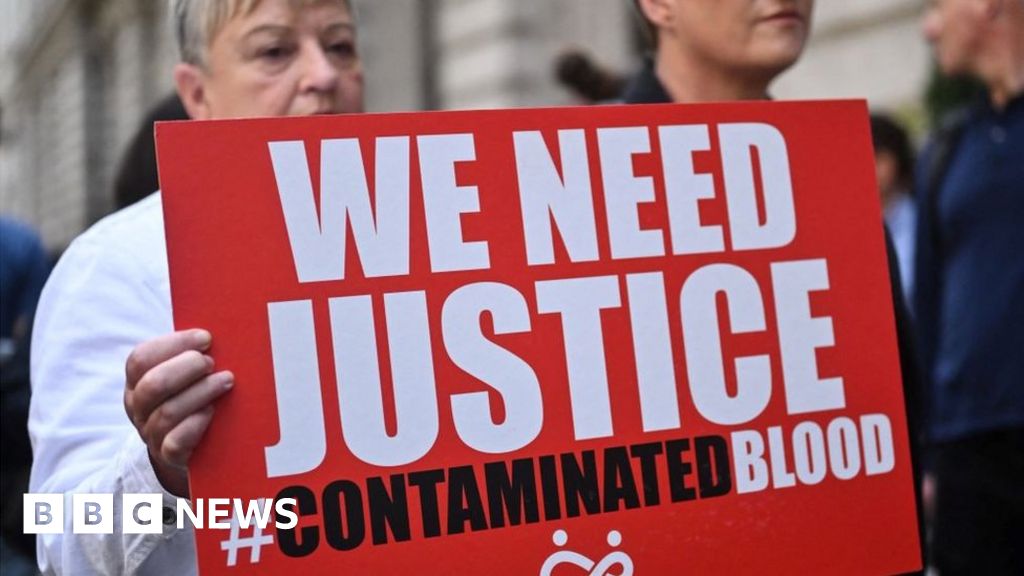










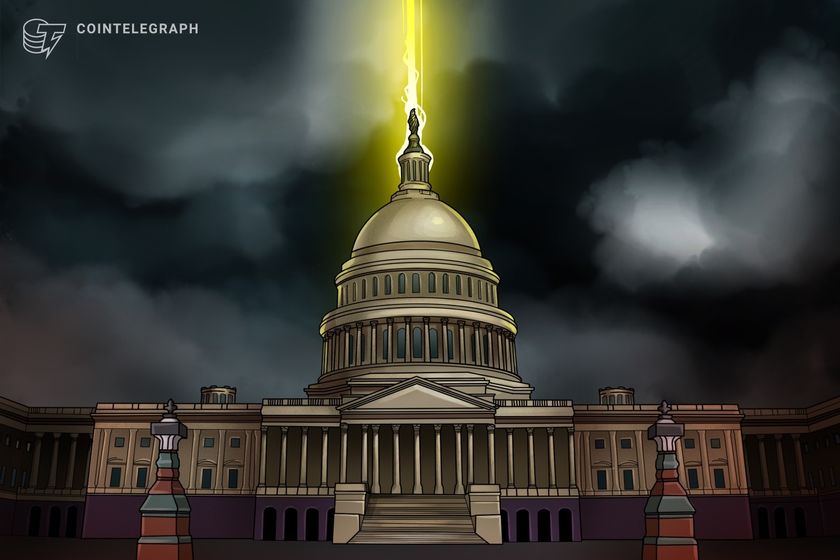
 (1) (1) (1).png?#)
/cdn.vox-cdn.com/uploads/chorus_asset/file/25456655/XPS_13_Graphite_7.png)
/cdn.vox-cdn.com/uploads/chorus_asset/file/25456412/13_Yoga_Slim_7X_QC_Cosmic_Blue_3Q_front_left_open_display.png)
/cdn.vox-cdn.com/uploads/chorus_asset/file/25455930/HP_OmniBook_X_AI_PC_HP_EliteBook_Ultra_G1q_AI_PC_Hero_Image.png)
/cdn.vox-cdn.com/uploads/chorus_asset/file/25453595/Swift_14_AI_SF14_11_touch_two_angles_2.png)





 (1) (1) (2) (1) (2).png?#)
















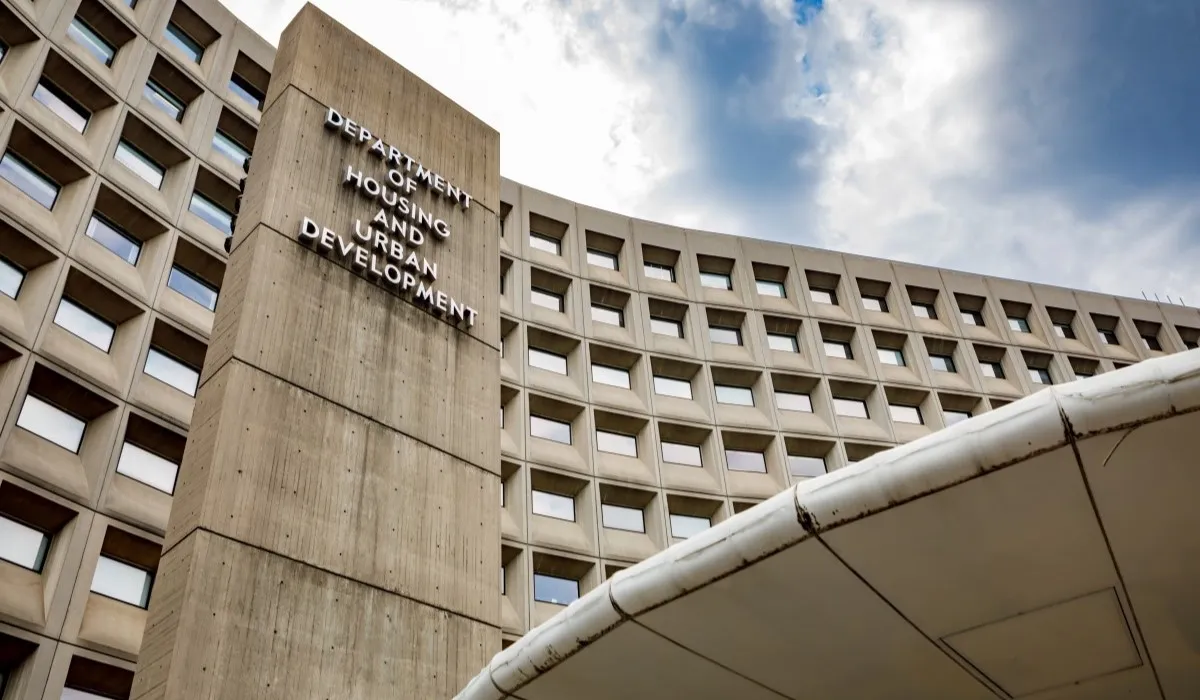














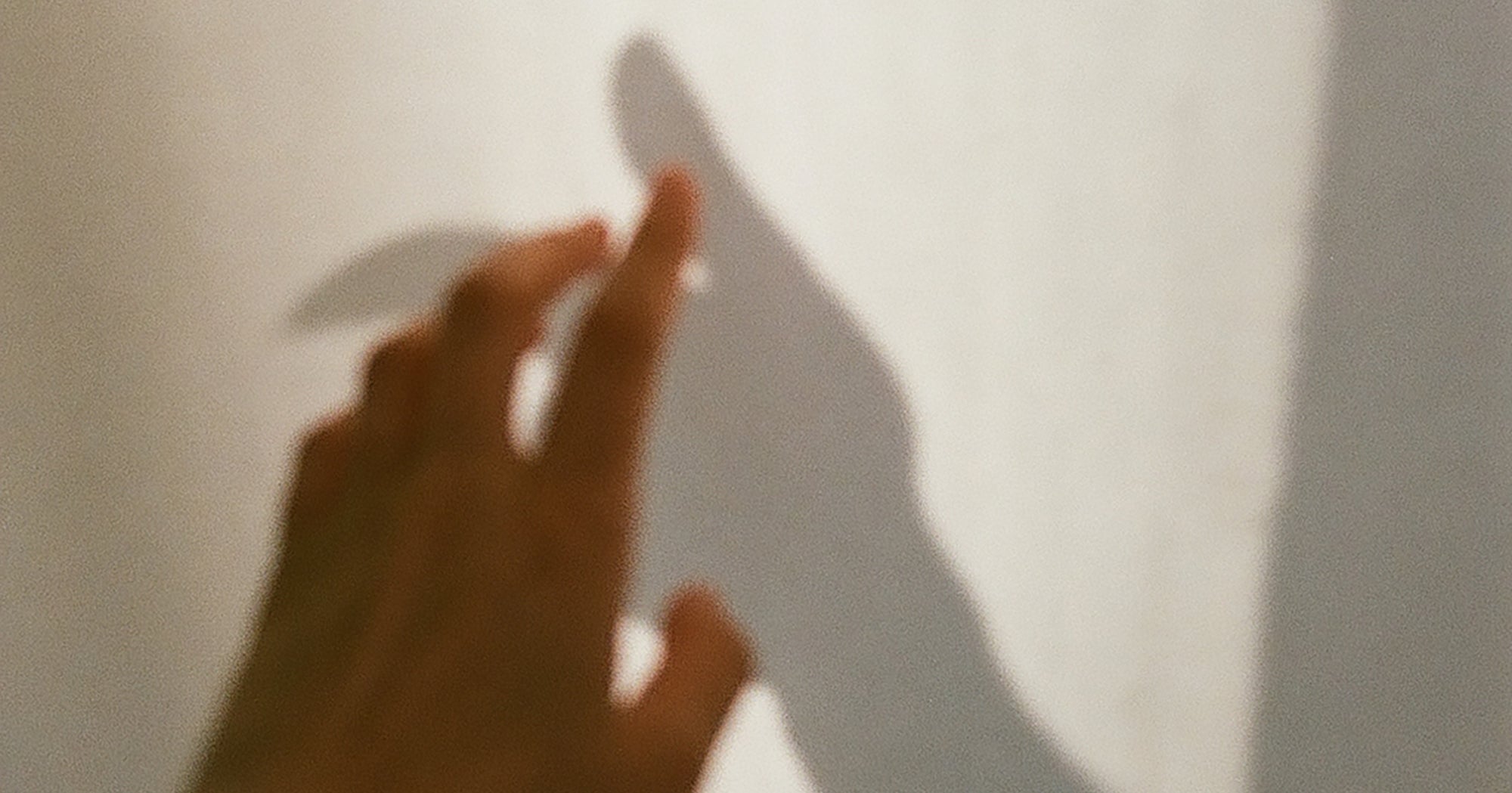





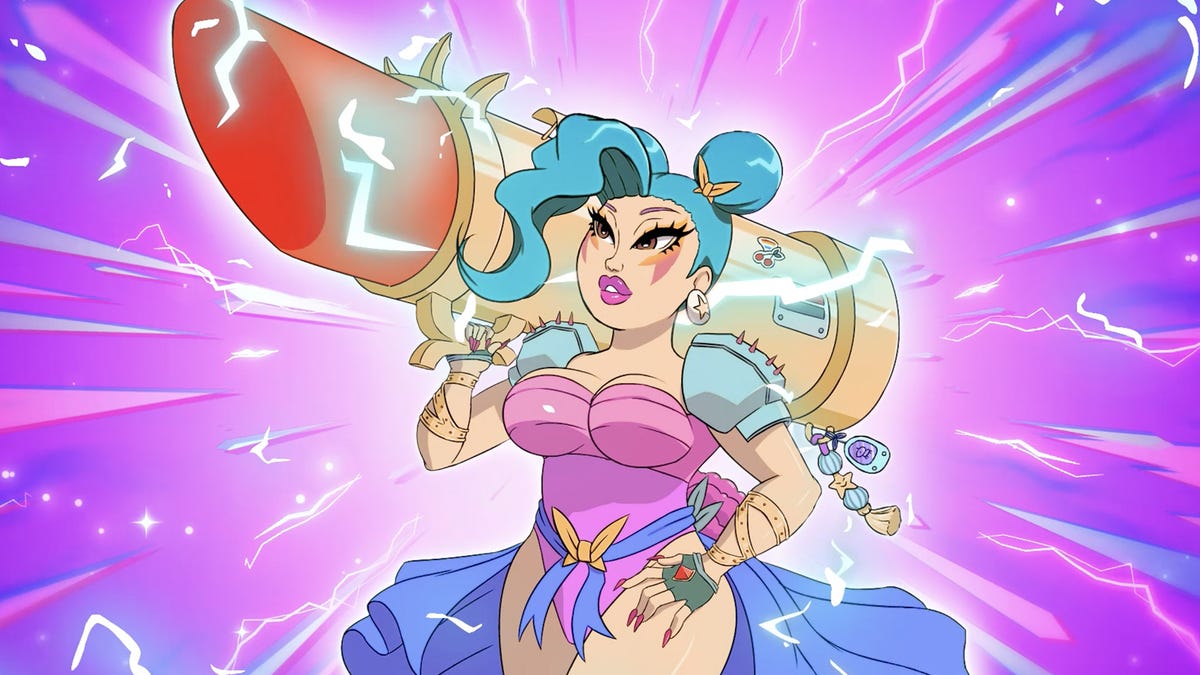
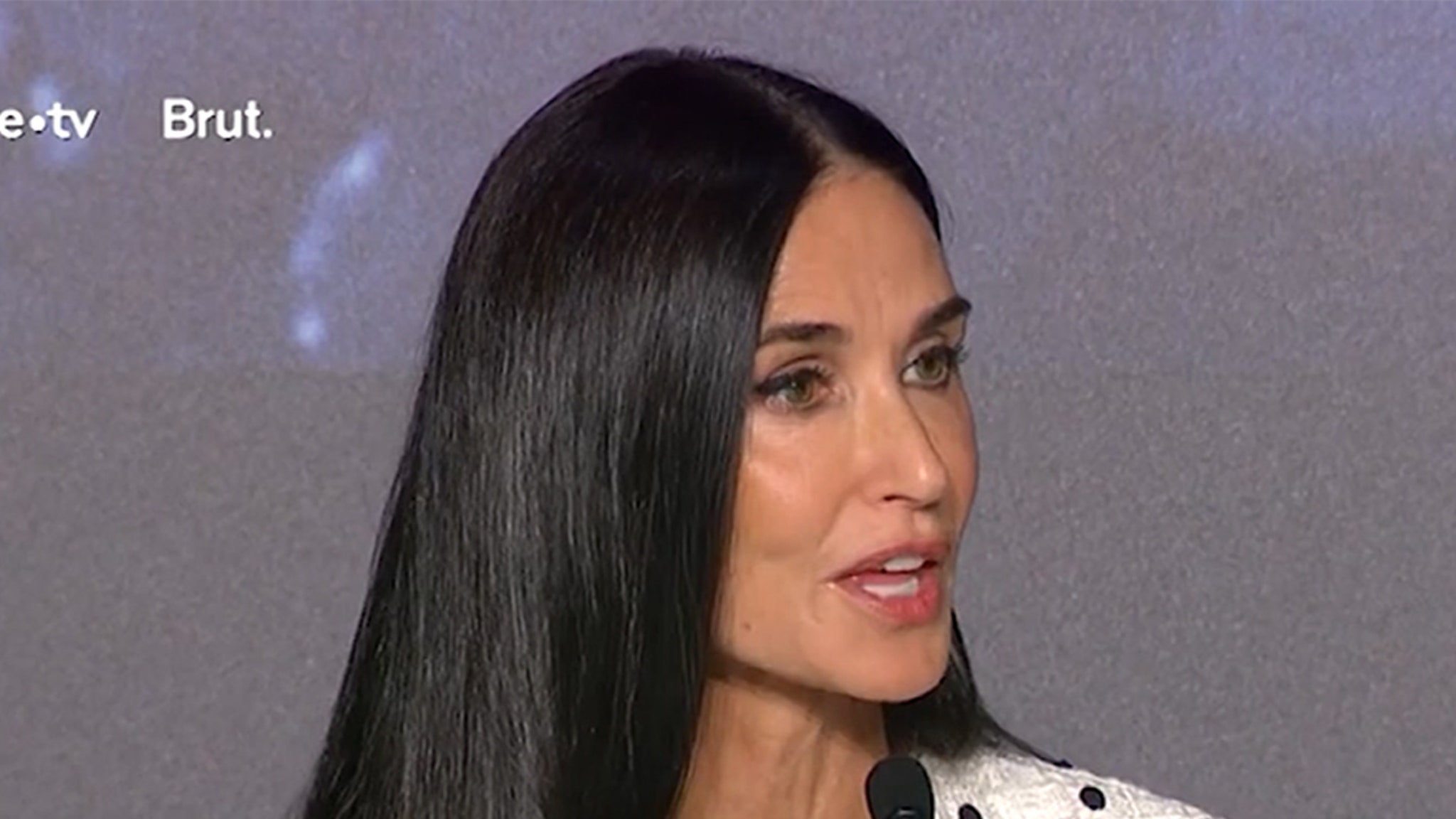







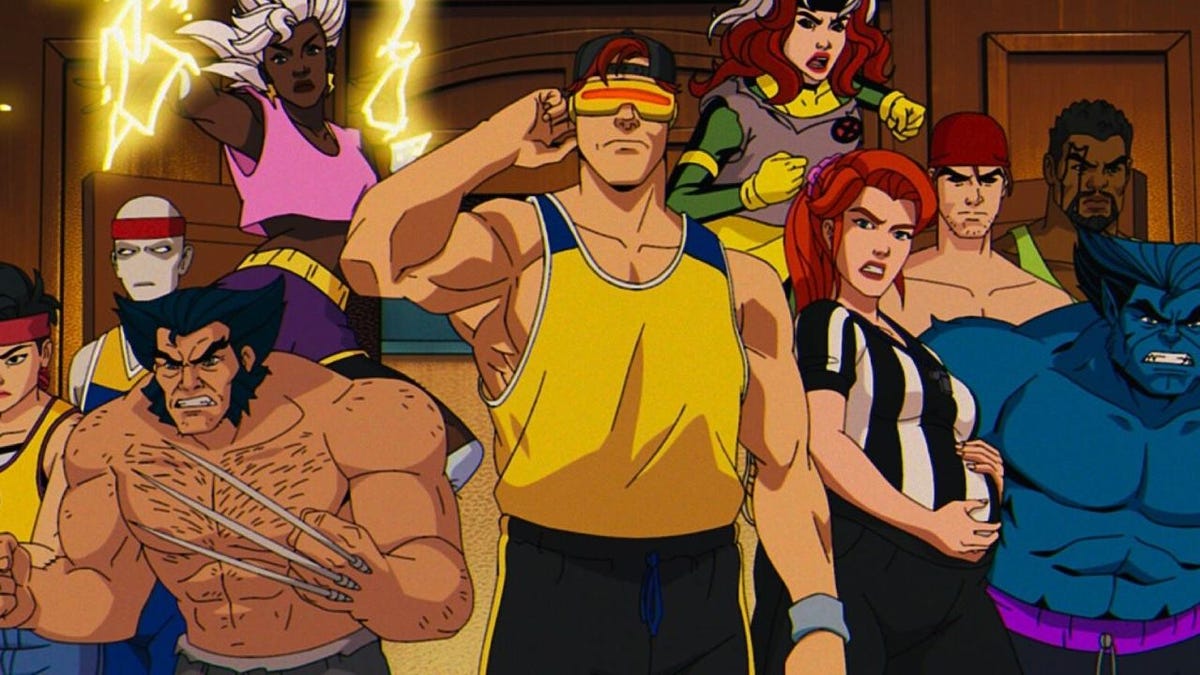






















/cdn.vox-cdn.com/uploads/chorus_asset/file/25444312/DSCF7147.jpg)





